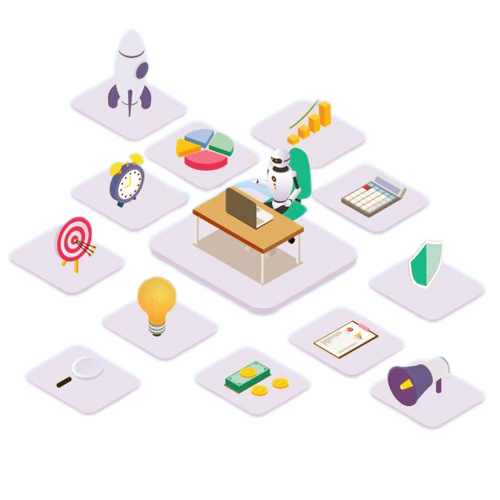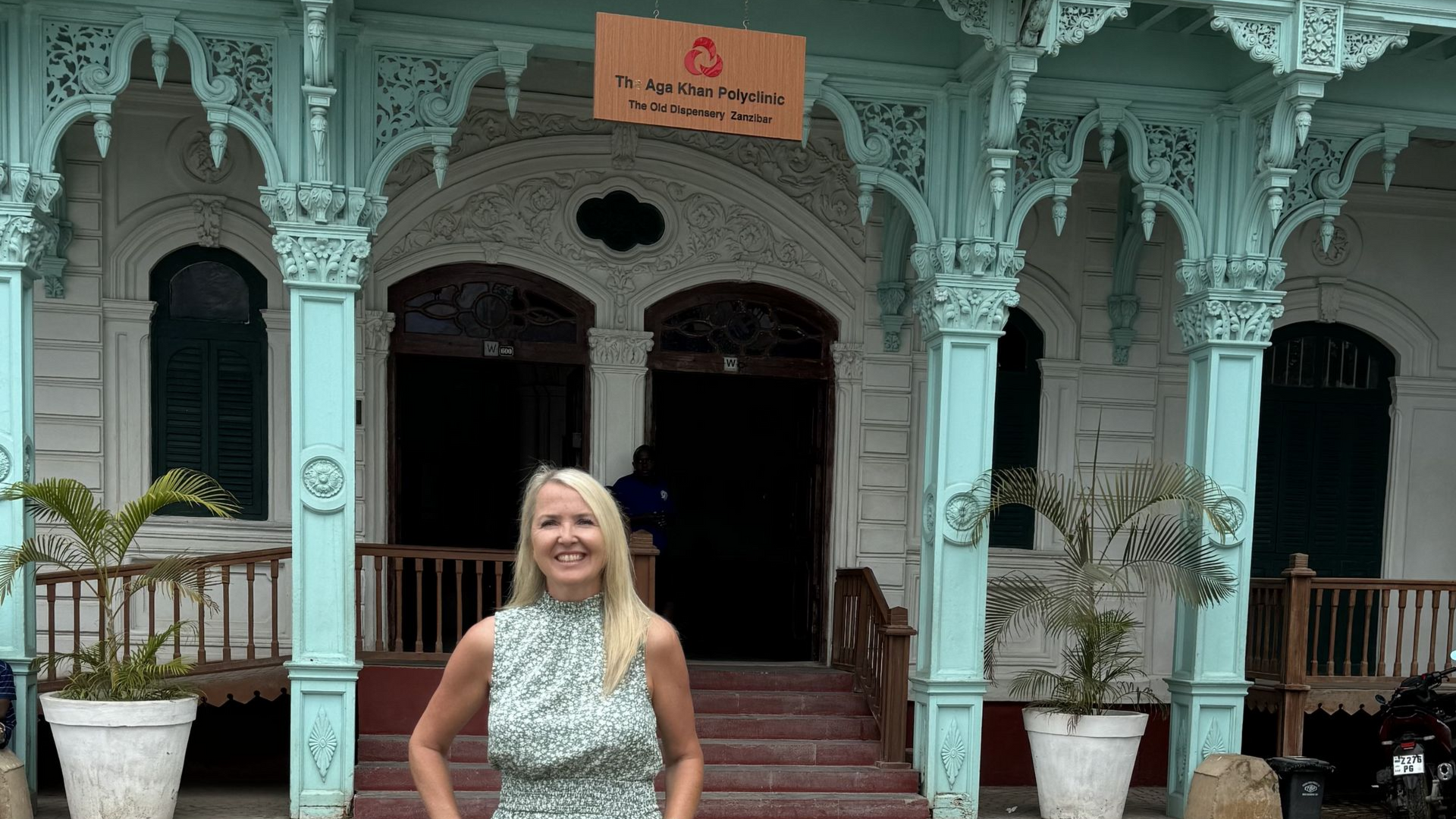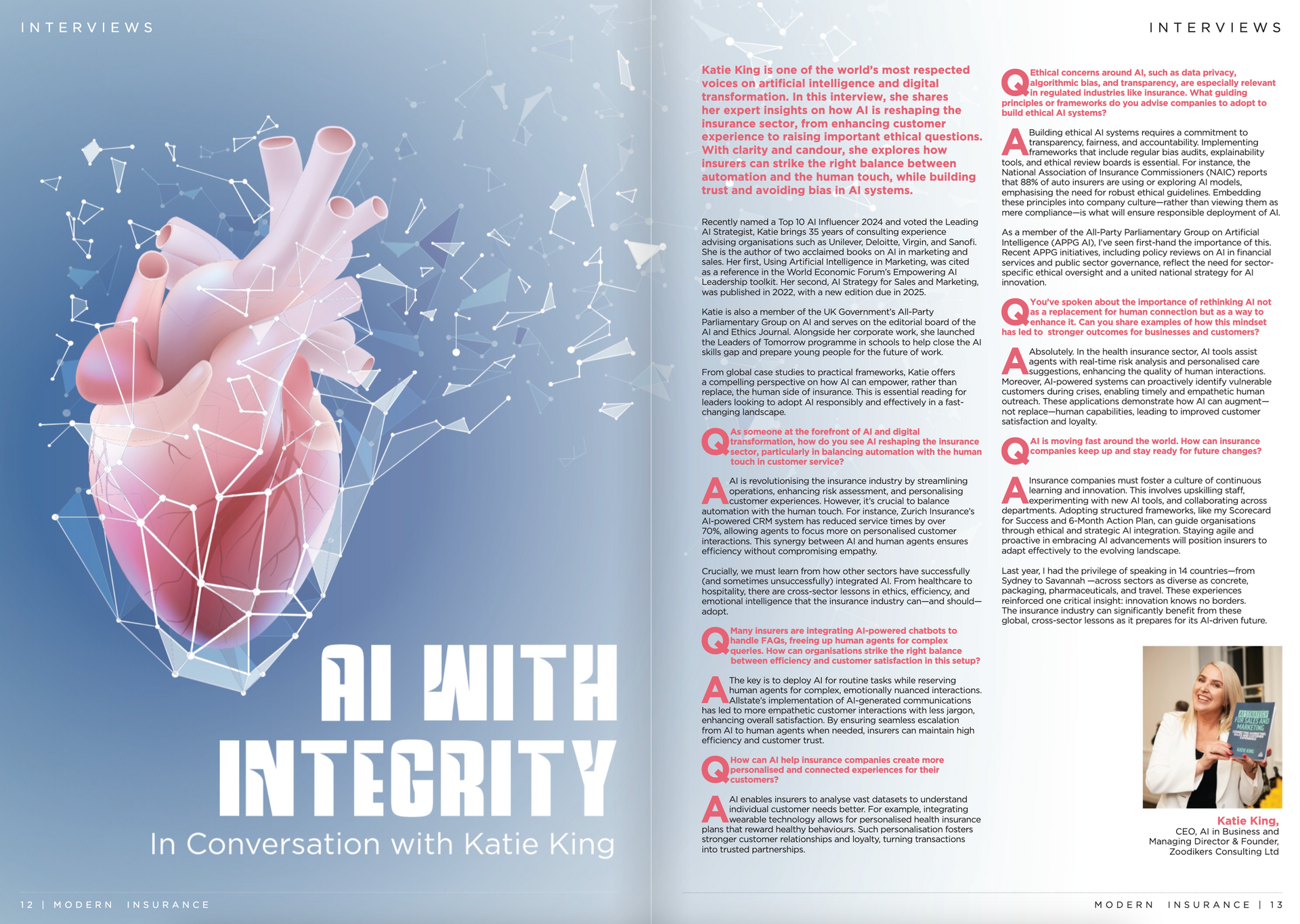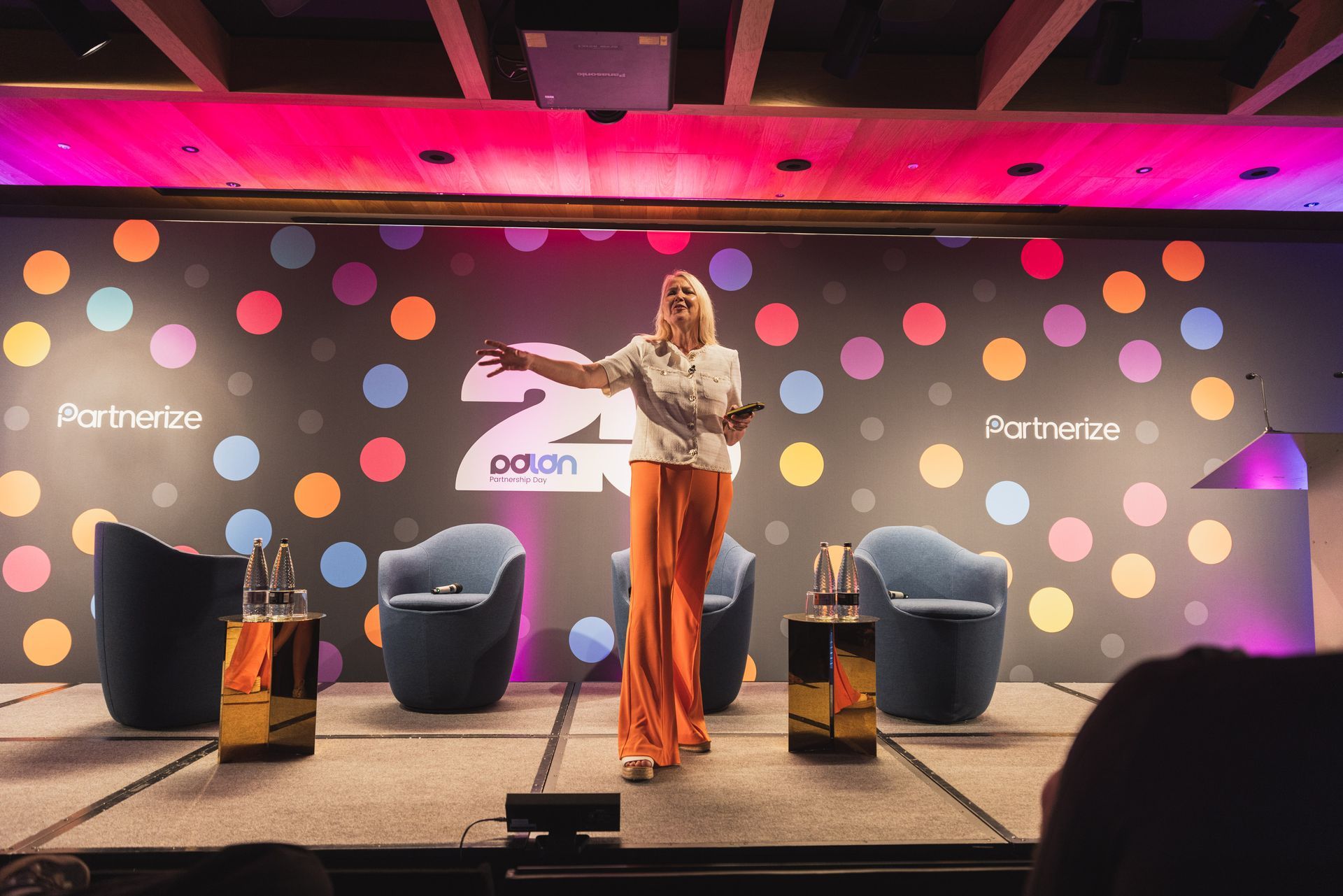A future-focused consultancy dedicated to helping organisations gain a competitive edge in the age of AI.

We are not a tech company.
Instead, we focus on business impact. The work we do aims to help you understand how technology will reshape your organisation moving forward and to arm you with the right capabilities for success. Here's what we offer:
Consulting & Strategy
We can advise on everything from culture to operations to help you devise the right strategy for future proofing your business.
Keynotes
Our CEO is a twice published author and globally-recognised speaker on AI who can deliver an engaging session at your next event.
Training & Workshops
We offer a range of training options to help equip you and your team with the right skills and knowledge for navigating the next generation of business life.
Latest News

Jambo! Heading home from my latest trip - this time to Zanzibar. I’ve dreamed of visiting for 30 years or more, ever since my dad shared with me a marriage certificate from 1941, which revealed that my grandmother (the Nan I adored) married the Sultan of Zanzibar’s son, and seeing in the certificate’s margin an intriguing ‘police exhibit one’ stamp. That’s what inspired me to research her complex life story spanning different geographies, and write an historical fiction novel. I recently completed the first draft of 100k words; next step is to edit it and find an agent/publisher. I’ve had 2 - soon to be 3 - business books on AI published by Kogan Page Publishing but this is a whole new experience. This is about giving her a voice; it’s her legacy. Please let me know if you’re aware of any potential interested parties. 🙏 This visit was to the western coast of Unguja, the main island of the Zanzibar Archipelago. I’ve travelled far and wide, but this was my first sighting of the exquisite Indian Ocean. The highlight was a walking tour in Stone Town – the old part of the city. The Sultans commissioned many of the incredible buildings. There’s also a museum dedicated to Freddie Mercury who was born in Zanzibar. And I had a rare opportunity to join a school graduation party. My Guide Kassim was a gem – so well informed and so kind. As a business trip it has not been all plain sailing. I’ll remain professional and spare the details. Suffice to say you never give up learning, and doing business across borders and different legal jurisdictions can pose real challenges. A huge positive learning is the Swahili phrase “pole pole" (pronounced pole-ay pole-ay) meaning “slowly, slowly" or "take it easy" and it reflects a cultural philosophy of patience, an unhurried approach to life, and a mindful appreciation for the present moment. It encourages a calm, relaxed mindset, often encountered in the laid-back lifestyle of East Africa, but also used as practical advice for achieving goals. Wise words for many of us living and working in hectic towns and cities…

AI is no longer a buzzword – it’s business-critical. I’ve seen that change in the 6 years since my first AI book was released, compared to the landscape today and the case studies I researched for book 3 (due out in November.) AI is impacting every sector, including insurance. I’m featured in the latest issue of Modern Insurance Magazine – which delves into how AI is transforming every aspect of insurance – from underwriting and fraud prevention to customer experience and claims. You can read the full issue here . On page 13, I explore ethical and responsible AI adoption, as does Sagacity Charles Skamser breaks down the emerging AI landscape and what it means for insurers. There are real-world applications from organisations including FibriCheck, I Love Claims, Steeper Group, Geo Sec, SkinVision and A3 Alternative Accommodation Agency Ltd. There are insightful contributions from the Editorial Board and from the following: Carpenters Group, Digilog UK, e2e Total Loss Claims Management, NWVA, FMG, ParaCode, QuestGates, National Windscreens, Lyons Davidson Limited, Auxilis, Thatcham Research, Rapid Repair Network, Witness Wise, CMG, Copart UK Limited, and Laird Assessors. A Fraud Prevention Spotlight offers expert input from Adele Sumner, Allianz, WHITELK Fraud Performance Consulting, FRISS, RGI Solutions, Charles Taylor, and Insurance Fraud Bureau (IFB). I've worked with many Associations, across multiple sectors. This issue features many Association Insights, including BIBA, Motor Accident Solicitors Society (MASS), FOIL - the Forum of Insurance Lawyers, Association of Personal Injury Lawyers (APIL), Chartered Insurance Institute, Managing General Agents’ Association (MGAA), IAEA, CHO on legislative change, ethical innovation, and the broker’s evolving role. The team even asked ChatGPT for its thoughts. What does AI think about its role in the industry? Big thanks to editor Hayley Dalton.

Big thanks to Partnerize for inviting me to deliver the Keynote at their Partnership Day – an event dedicated to AI and innovation in affiliate marketing. My session explored wider company AI strategies, as I shared with the audience ‘stealable innovation’ whereby they can learn from other sectors, as well as a check sheet for measuring the AI potential in a business. Following my talk, Rebecca Betteridge, Hollie Macdonald, Molly Lediard, and Matilda Kousa formed a panel to discuss the future of partnerships for fashion and beauty. AI also featured heavily, as the panel shared the challenges which brands face in gaining buy-in for AI from the business. They talked about the need to educate in order to alleviate concerns; and how important time and patience are. So interesting to hear their advice on the need to shift the narrative of affiliate marketing, focusing instead on innovations with AI such as dynamic commissioning and a personalised approach at the checkout. These incredible ladies represent leading brands and organisations - Selfridges, Puig, Klarna and Fenwick and they were able to advise us all about the need to adapt to changing consumer behaviour, particular during this period of unpredictable socio economics and global uncertainty. They debated the need to research how and when customers shop; also the importance of price sensitivity, given how customers conduct online research and then visit physical stores. We learned how peer reviews have gained importance in how consumers trust brands. Thanks for these learnings. Thanks to Kate Ellis Maura Smith and all the team and congrats on staging such a great event!


